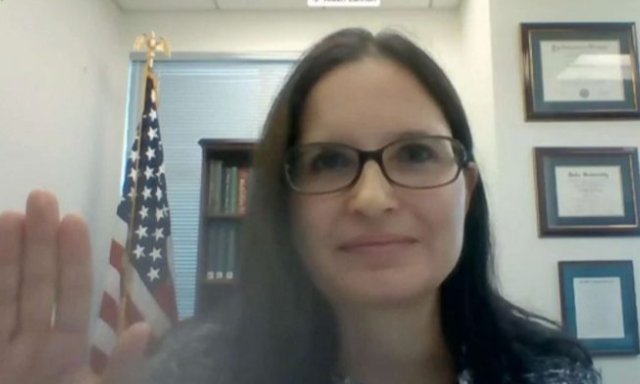A trial against former President Donald Trump, focused on the handling of classified documents, is progressing at an unusually fast pace under the supervision of a federal judge. This trial, which carries significant implications for the presidential campaign and tests the Justice Department’s ability to prosecute a current or former president, has been scheduled by Judge Aileen Cannon, who was appointed by Trump.
Opening statements are set to begin on August 14th, 2023, with the trial expected to last approximately two weeks. The judge has granted both sides until July 24th to submit pre-trial motions for her review. The charges brought by federal prosecutors accuse President Trump of mishandling classified documents and obstructing the FBI’s efforts to recover these files.
🚨🚨 Jury trial in the United States of America v. Donald J. Trump classified documents case set:
— The Recount (@therecount) June 20, 2023
"This case is hereby set for a Criminal Jury Trial during the two-week period commencing August 14, 2023, or as soon thereafter as the case may be called."https://t.co/SUrN0eBf9E
The swift scheduling of the trial highlights the immense pressure faced by both Judge Cannon and Magistrate Judge Bruce Reinhart to expedite the proceedings. Observers of the court system have indicated that concluding the trial before the 2024 Election Day would be an arduous task. This recent development in the case will inevitably necessitate President Trump’s legal team to accelerate their efforts in collecting evidence and obtaining witness testimonies.
These witnesses may potentially present instances of bias against the federal government as part of their arguments against the charges faced by President Trump. Alina Habba, one of Trump’s attorneys, suggested that FBI officials should be questioned regarding their decision to instruct Mar-a-Lago staff to deactivate security cameras during the document retrieval raid, which involved materials allegedly possessed by her client.
For the prosecutors within the Biden administration to achieve their goals, they will need to provide evidence demonstrating that President Trump committed criminal acts. This would involve proving that he failed to hand over documents that he claims were declassified through executive order or were personal items from his time in the White House.
Timothy Parlatore, a former attorney for President Trump, criticized the prosecutors’ strategy of trying to establish the president’s guilt based on his use of attorney-client privilege. Parlatore suggested that the extent of prosecutorial conduct may be significant enough that the case against the president might not proceed to a jury trial or could potentially extend into 2025. All court proceedings for this case will occur in Fort Pierce, Florida. President Trump is facing 37 charges and has entered a plea of not guilty to all of them.
